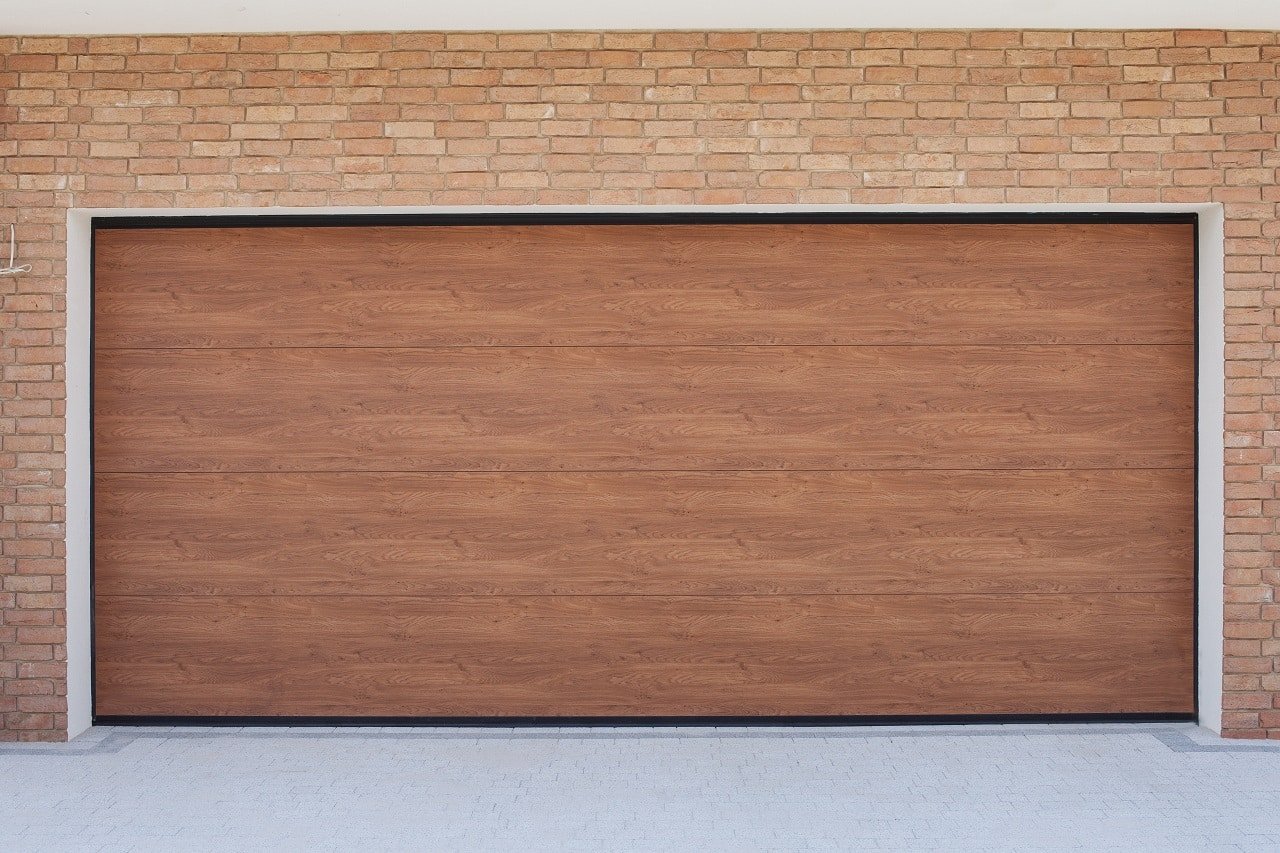A well-functioning garage door not only secures your property but also contributes to energy efficiency and comfort in your home or business. Insulation plays a key role in achieving these goals, and understanding the importance of garage door insulation, as well as the different insulation materials and methods, will help you make informed decisions when considering upgrades or new installations.
A well-insulated garage door offers several advantages, including improved temperature control and energy efficiency, reduced noise transmission, and increased door strength and durability. Proper insulation can reduce heat transfer, resulting in a more consistent indoor temperature, which ultimately leads to energy savings and increased comfort. For homeowners and businesses with attached garages or workshops, this can be vital for maintaining the right environment for living, working, or storing temperature-sensitive items.
In this comprehensive guide, we will explore the different types of garage door insulation materials, their advantages and disadvantages, and guidance on choosing the best option for your home or business. Our goal is to empower you with the knowledge and understanding to maximize the benefits of insulated garage doors and enjoy a comfortable, energy-efficient space.
Types of Garage Door Insulation Materials
Before diving into specific insulation materials, it’s essential to understand the different types available and how they impact a garage door’s performance. The three primary types of insulation materials used for garage doors include:
- Polystyrene (Expanded Polystyrene or EPS): EPS is a lightweight, rigid foam insulation that is cut and molded into shape to fit between garage door panels. It’s relatively easy to install and provides decent insulation value at an affordable price.
- Polyurethane (PUR): PUR is a high-density foam insulation that is injected into the door panels, providing continuous coverage and superior insulating performance. It’s more expensive than polystyrene but offers better thermal efficiency, noise reduction, and increased door strength.
- Reflective Insulation: Also known as radiant barriers or foil insulation, reflective insulation uses layers of aluminum foil to reflect heat away from the garage door, preventing heat gain in hot climates. It’s typically underlaid with a layer of air bubbles or foam to add insulative value.
Comparing Insulation Materials: Advantages and Disadvantages
For a comprehensive understanding, let’s compare these insulation materials based on their advantages and disadvantages:
1. Polystyrene (EPS):
– Advantages: Affordable, easy to install, and available in various thicknesses to fit your insulation needs.
– Disadvantages: Lower insulation value compared to PUR, offers less noise reduction, and does not reinforce the door panels as effectively.
2. Polyurethane (PUR):
– Advantages: Superior insulation value, excellent noise reduction, and increased door strength and durability.
– Disadvantages: More expensive than EPS and requires professional installation.
3. Reflective Insulation:
– Advantages: Best for hot climates, reflects heat away from the door, and potentially improves energy efficiency.
– Disadvantages: Less effective in cold climates, provides limited insulation value, and may require additional layers for maximum effectiveness.
How to Choose the Best Insulation Material for Your Garage Door
Selecting the right insulation material depends on several factors, including your climate, energy costs, and insulation goals. Here are some considerations to help you choose the best option:
- Climate: Consider the local climate and temperature extremes when selecting an insulation material. For instance, if you live in a region with cold winters, opting for PUR insulation may be advantageous for its superior insulative value and energy efficiency. Alternatively, reflective insulation may be an ideal choice for hot climates.
- Energy Costs: Analyze your local energy costs and determine the potential savings that proper insulation can provide. In areas with high energy costs, it may be worthwhile to invest in higher-quality insulation, like PUR, to maximize long-term savings.
- Insulation Goals: Define your primary objectives for insulating your garage door, such as energy efficiency, noise reduction, or added door strength. Different materials may be more suitable based on specific goals.
- Budget: Be mindful of the cost difference between insulation materials, as this can impact your overall investment. Weigh the long-term benefits of each option against the initial expenses to find the best fit for your budget.
Professional Installation and Maintenance
Regardless of the insulation material you choose, it’s crucial to ensure proper installation and ongoing maintenance for optimal performance. To achieve this, consider seeking the help of professionals who can:
- Assess your insulation needs: A garage door specialist can evaluate your current door and provide personalized recommendations for the most effective insulation solutions.
- Proper installation: A professional ensures that insulation is correctly installed, maximizing efficiency and preventing potential performance issues.
- Maintenance: Regular maintenance, including inspections and repair of any damaged insulation, can ensure your garage door continues to provide optimal insulation and energy efficiency over time.
Conclusion: Achieve Optimal Comfort and Efficiency with the Right Garage Door Insulation
Investing in high-quality garage door insulation not only provides improved temperature control and energy efficiency but also reduces noise transmission and increases door strength. By understanding the different insulation materials and their advantages, you can make informed decisions to select the best option that suits your climate, goals, and budget.
Our team at Prime Garage Door is ready to help you explore the world of garage door insulation and assist you in choosing and installing the most effective solution for your home or business. Don’t hesitate to contact our experienced professionals for valuable insights and excellent service. Together, we can create a more comfortable, energy-efficient, and peaceful environment.

